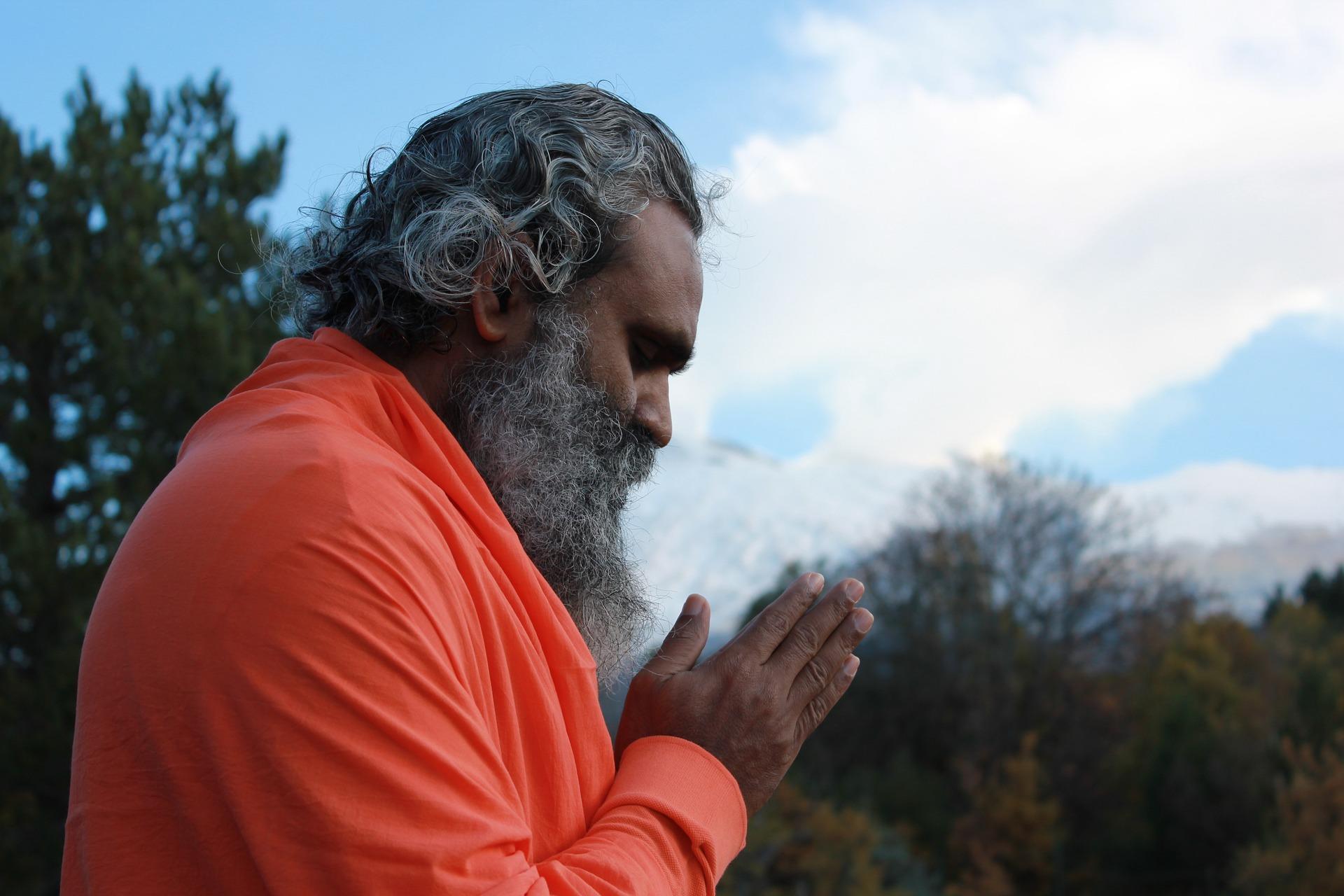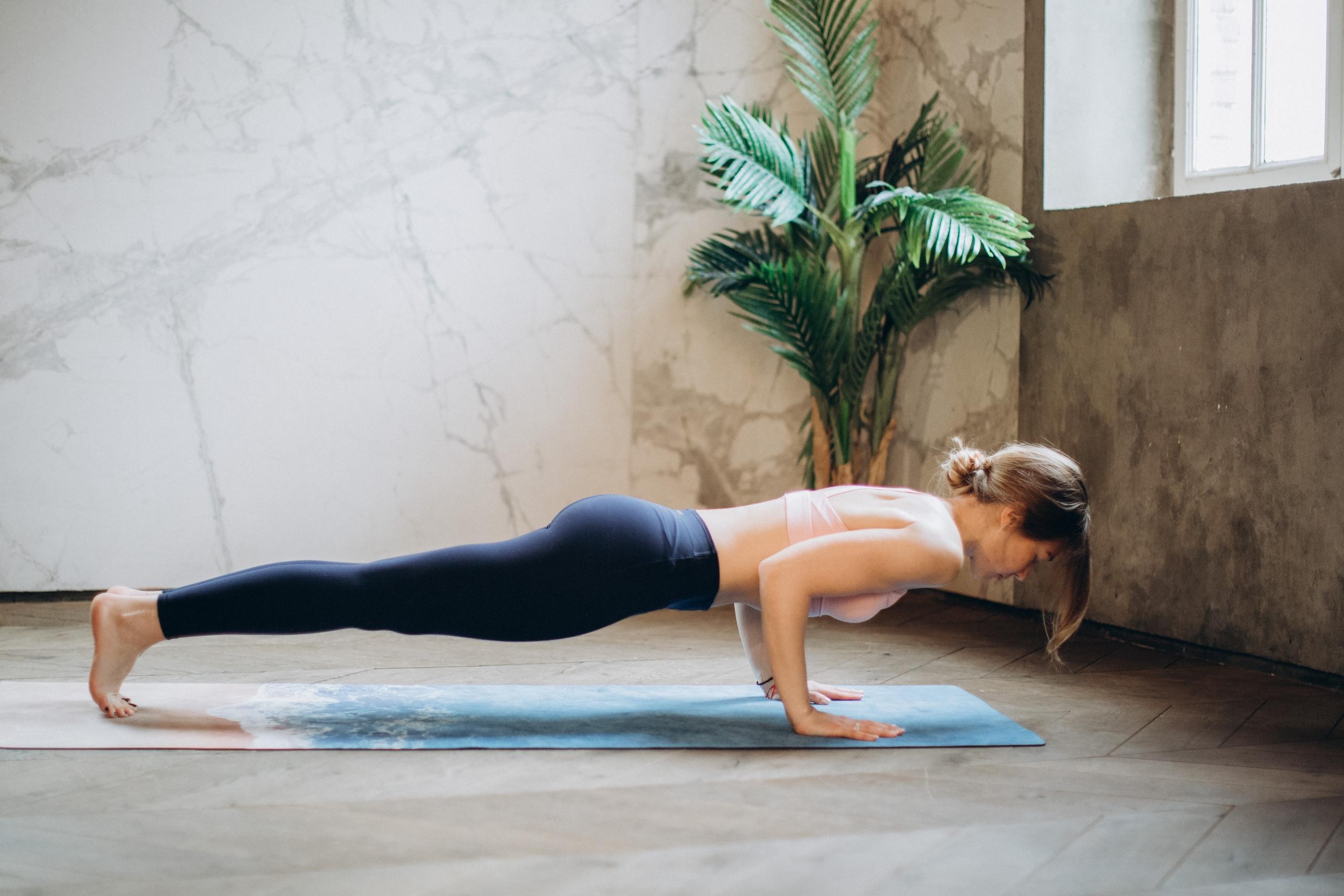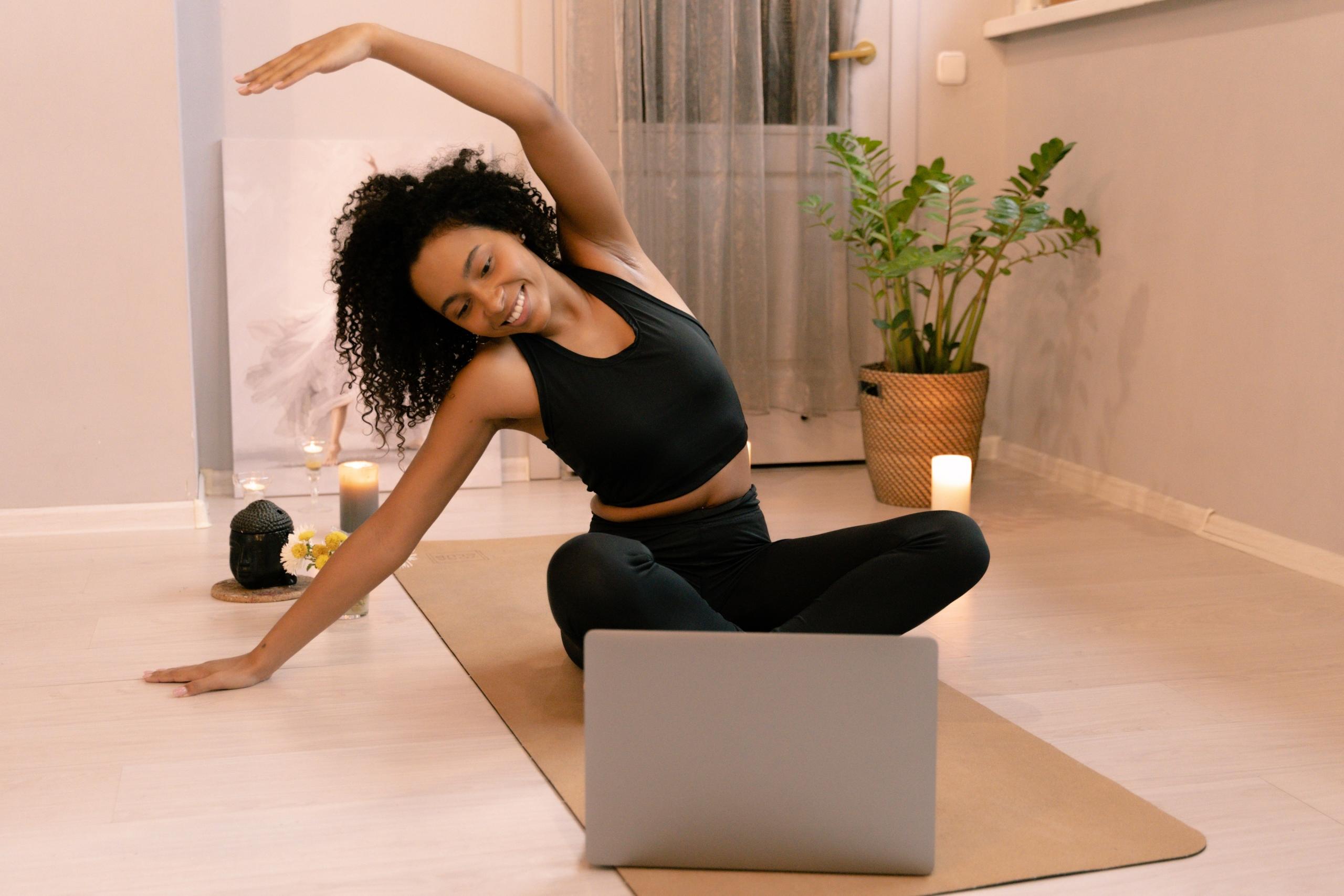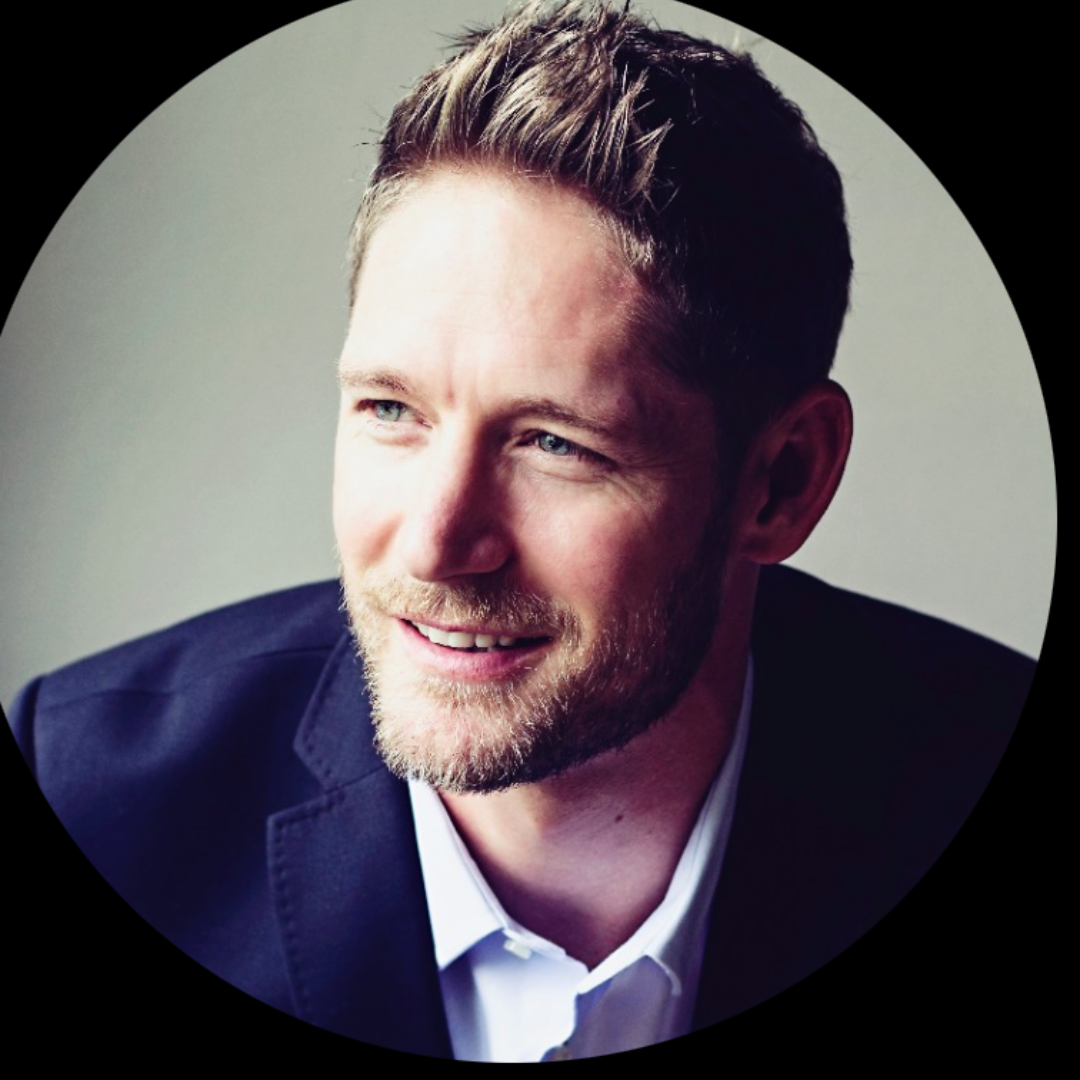True yoga is not about the shape of your body, but the shape of your life. Yoga is not to be performed; yoga is to be lived. Aadil Palkhivala
Yoga is now as popular as ever and it is no wonder that the number of students that enrolling for yoga instructor courses continues to increase across the globe.
Whether people have the desire to connect with themselves, want to find a way to embrace alternative spirituality, or simply want to do something that’s good for the mind, body and spirit; yoga has been around since ancient times and continues to be a wonderfully accessible, holistic practice for people of all ages.
We would therefore not be surprised if you want to become a certified yoga instructor yourself and are here to help you in your search.
Whether you prefer to deepen your knowledge of this ancient practice in its country of origin (India), do an online course with a well-known international yoga celeb or prefer to study a good quality immersive course right here in South Africa, we’ll help you ask the right questions so that you can select and experience a training course that suits you.
Want to give private lessons?
Join the Superprof community and share your knowledge with inquiring and motivated students.
What is So Exciting About Teaching Yoga?
Yoga is for everyone and not only for skinny people who bend themselves into the most impossible poses. It is a practice that is as broad and diverse as people are and you’ll be able to find the teacher, style, class or teacher training course that will fuel your interests and help you build a more balanced, content and joyful lifestyle.
Because it’s a way of life, the practice of yoga will never become stale or boring. We always learn about ourselves, our minds and our bodies. The complexity of how our internal and external worlds collide and how we make sense of it is one of the biggest aspects to attract students to study toga.
Many teachers decide they want to help others in the same way that their teachers and practice aided them while they tried to find peace, fitness, contentment, health and joy in the chaos of life. Whether they choose to eventually specialise in yoga for children, pregnant women, rehabilitative yoga for sportspeople, restorative yoga for high-performance business people or just yoga for everyday humans, the different ways in which we can help others are endless once you become a yoga teacher.

What is a Yoga Teacher?
We know yoga today as a sequence of poses and stretches that helps us move and tone our bodies, but that definition is only scratching the surface of a real yoga practice. Unlike many other beliefs, the secret of a good yoga teacher is the ability to gently guide a student while allowing them to discover wisdom and learning for themselves.
One of the biggest secrets yoga teach, is to fall in love and move together with the process of life.
As a teacher you’ll continue to learn and discover the practice long after you completed your training, in the same way a practicing yogi continues to learn daily while they return on their mat.
There are however practical and safe teaching practices that teachers need to know to ensure they teach beginner level students he right way from the start. One of the most critical things to look for is a teacher who has knowledge of safe postural guidance. This will ensure students minimise injury and you as a new teacher will learn how to take the steps to ensure your students are safe.
The tradition of yoga teachers however ensures they are way more than simple fitness instructors.
Since ancient times yogis provided spiritual guidance, emotional guidance and were a catalyst for self-development, something a modern yogi can aspire to when they become a yoga teacher.
Is it Theoretical or Practical Training?
The straightforward answer is it’s a bit of both.
A yoga teacher will learn many techniques, theory and technical aspects of yoga with the help of ancient texts, traditions and classes. The ancient wisdom and learning only means something when it’s being applied, and a physical practice and meditation are integral to becoming a great yoga teacher.
During a yoga teacher training course you will develop a sound knowledge of asanas (physical poses), pranayama (breathing techniques) and how to control your body, emotions and stress. You will practice yoga a lot in an attempt to familiarise yourself with your body at a deep level which has, according to traditional yogis, an energy and physical aspect to it.
A well-structured course will also have a module or two on yoga philosophies, wisdom and traditions. This will include topics like energy centres (Chakras) and Ayurvedic ancient Indian sciences. Included in today's modern yoga classes are also the modules of anatomy and physiology of poses and the body, which gives us a better understanding of how and why poses benefit us. Be sure the course you choose has a good mix of these topics.
Want to give private lessons?
Join the Superprof community and share your knowledge with inquiring and motivated students.
What Type of Yoga do You Want to Teach?
What is your favourite style of yoga, and is it the same style of yoga you’d like to teach?
All types of yoga consist of the same elements, but you might choose to specialise in a specific type or field that is suited to your passion, personality and style. Your passion for children might inspire you to study that while you don’t practice children's yoga yourself.
We recommend you do as many different types of classes as possible to help you in your choice.
Most yoga classes should be suited for yogis of any level, but some types of yoga is simply better suited for a slow practice and offers more variety in terms of intensity than others.
Hatha yoga is known to be a softer form and ideal for teaching beginners.
Vinyasa yoga is more fitness orientated and is generally the favourite in gym group yoga classes, while Ashtanga yoga has a yogic/athletic approach that suits a more disciplined practice.
We recommend joining your first class today. You can choose a yoga tutor on Superprof and most of them offer their first class for free. We also have many yoga teachers who specialise in different yoga styles.
The Qualities of a Yoga Teacher?
We all have teachers in life that we love and those we connect less with. We need to embrace our differences, but when it comes to your professional career you need to seek out a teacher who has admirable qualities.
Yoga teachers focus a great deal on mindfulness and how to connect all parts of us. They develop a sensitivity and knowledge around self-discovery (as guided by the yogic wisdom) and for that reason, they gain a special set of skills.

Do some of these qualities sound interesting to you?
- Patience
- Perseverance and discipline
- A desire and curiosity to learn and with it develops a sense of listening with all parts of us (not only with our ears)
- The ability to guide others, or us, in connecting our heart, mind, body and spirit while dissolving energetic blockages
- Continuously learning and discovering how better to find acceptance, serenity and flow in life.
Do You Need an Intensive Yoga Teacher Training Course?
How do you know which course is best to become a yoga teacher?
A good yoga course is designed to give you the skills and qualifications to walk out and teach once you have completed it. An intensive course means you’ll be focusing only on your studies and doing it full-time as opposed to part-time studies.
The most basic intensive yoga teacher training courses in South Africa provide 200 hours of training. You also get more complex, longer and more detailed courses internationally with some as long as four years to allow yogis to specialise in something like yoga therapy.
When you study to become a yoga teacher you'll start off with a 200 hour Yoga Teacher Training (YTT) level course. The most intensive and advanced programmes, will run between 300 and 500 hours and will be spread over several weeks, months or sometimes years.
What makes yoga training so great is the level of flexibility it offers (excuse the pun). You can break your teacher training up into sections, choosing what you learn when and as it becomes suited to your current life. This certainly depends on the type of course you choose and an aspiring teacher can complete a 200-hour yoga teacher training course and start to teach immediately upon completion, while buying time to choose other areas of specialisation while they teach.
Yoga is not a career for making money, and for that reason many choose to keep other careers going while they teach yoga on a part-time basis.
What About Weekend Yoga Training or Workshops?
Hotpod Pretoria is a great studio with international accreditation through the Yoga Alliance. Their courses are well-rounded and offer prospective teachers a mix of practical and theoretical training. They offer intensive courses, but they also give students the option to enrol in courses that run over weekends and to get to the 200Hr mark it continues for several months.
They are certainly not the only yoga school or studio that offers training courses like this in South Africa, but you can look for something similar if you seek a course where you can practice and make learning stick while you go.
Yoga Alliance is the most well-known international certifying body and you'll probably need a diploma or a certificate if you want to teach professionally. You can also read our sister article on steps to become a yoga teacher.
The only question left to ask is what are you waiting for?
The best learning will happen through practice, so get started now and attend as many yoga classes as possible. You'll soon realise what all the fuss is about.
Want to give private lessons?
Join the Superprof community and share your knowledge with inquiring and motivated students.
Summarise with AI:





